This is what people must mean by the phrase “adults in the room.” After seven months of left-wing hotheads damning Israel as the source of every ill in the Middle East — if not the world — finally we have a cool, still voice venturing an alternative take. Perhaps, the voice says, Hamas is the problem. And perhaps those who call themselves progressive should think twice before making excuses for such a “fascist” movement that would have them up against a wall quicker than you could say “Free Palestine.” Finally, wisdom cuts through the noise.
When it comes to radical Islam, this man knows whereof he speaks
It’s Salman Rushdie. Of course it is. It’s always Salman Rushdie. He’s become a beacon of moral clarity in these ethically dazed times. Now, delightedly, he’s applying his lucidity of thought to the Gaza calamity. In an interview with the German newspaper Bild he took aim, in typically avuncular style, at “young progressives” whose hatred for Israel sometimes crosses the line into something like sympathy for Hamas. “There’s not a lot of deep thought happening,” he says. You can say that again, Salman.
There’s a pained frustration to his voice. Yes, it is “absolutely right,” he says, that people are “distressed by what is happening in Gaza,” given “the quantity of innocent death.” And yet, “I would just like some of the protesters to mention Hamas,” he continues, “because that’s where this started.”
It’s a simple yet essential observation. That those furious with the war in Gaza so rarely criticize the army of antisemites that started it — and which now refuses to end it by returning the Israeli hostages — is indeed astonishing. It’s like talking about World War Two without ever mentioning Germany’s invasion of Poland. The whitewashing of Hamas from the hellish situation they themselves brought about with their murderous pogrom of October 7 speaks to the moral infantilism of too many of those taking to the streets to rage against Israel.
In his stride now, Rushdie chides the radicals who have failed to distance themselves from Hamas. This is a “terrorist organization,” he reminds them, and it is “very strange for young progressive student [activists] to kind of support a fascist terrorist group.” Indeed. It’s been mind-blowing to watch the self-styled anti-fascists of the bourgeois left either stay schtum or even try to rationalize Hamas’s fascistic attack on the Jews of Southern Israel. These are the kind of people who think everything is “like the 1930s” — Brexit, Trump, gender-critical feminism — and yet when there was a pogrom that was genuinely reminiscent of the 1930s they essentially said: “Well, what do you expect…?”
Rushdie then commits a secular blasphemy — he questions the chant of our times: “Free Palestine.” He himself supports the creation of a Palestinian state, but what would a “Free Palestine” look like in 2024, he wonders? “Right now, if there was a Palestinian state, it would be run by Hamas and that would make it a Taliban-like state… It would be a client state of Iran. And is that what the progressive movements of the Western left wish to create?”
I find myself wondering this all the time. What did it mean when so-called progressives waved the Palestinian flag in the immediate aftermath of October 7? Was that solidarity with the people of Gaza or Israelophobic triumphalism following Hamas’s vile, bloody invasion of kibbutzim? And when activists holler “Globalize the intifada,” what are they saying? The only “intifada” we’ve seen in recent years was the racist pogrom of October 7. Globalize that? Rushdie is right to call for deeper thought, to muddy with pesky nuance the juvenile rage against Israel that has swept the Western world.
There is something undeniably haunting about Rushdie making his plea for reason from his battered, injured face. In the interview the right lens in his spectacles is blacked out, hiding the eye he lost to the savage knife attack he suffered in August 2022. There’s scar tissue on his face. His lower lip droops to one side. When it comes to radical Islam, this man knows whereof he speaks. The inhumanity of this ideology is literally etched on his face. These are the punishments for “blasphemy” in the twenty-first century: a severed eye, a deformed mouth. And yet still he sees, still he speaks.
There’s a searing moral power in this spectacle of a man scarred by extremism pleading with the young and privileged not to cozy up to extremism. If they won’t listen to him — and I fear they won’t — who will they listen to? If a liberal, free-thinking author who was knifed for the “crime” of writing a novel that offended religious fundamentalists cannot get through to those raging youths who seem dangerously blasé about religious fundamentalism, no one will. That should concern us — the possibility that some of the new generation are so far down the road of anti-Israel, anti-Western, anti-civilizational thought that nothing, not even Sir Salman, can pull them back.
The rest of us should be grateful for Rushdie’s shining moral clarity. We’ve seen it before. As some Western liberals were umming and ahhing in the aftermath of the Charlie Hebdo massacre of 2015, Rushdie was raging against the “religious totalitarianism” of the killers and insisting we “defend the art of satire, which has always been a force for liberty and against tyranny, dishonesty and stupidity.” As the political establishment lines up behind “political correctness,” Rushdie laments that “freedom is everywhere under attack” thanks to the highly illiberal notion that “protecting the rights and sensibilities of groups perceived as vulnerable [should] take precedence over freedom of speech.”
And now he says that Hamas is a scourge, and that a Hamas-ruled Palestine would be a disaster, and that Israel should not have to live next door to such a monstrosity. We should listen.
This article was originally published on The Spectator’s UK website.



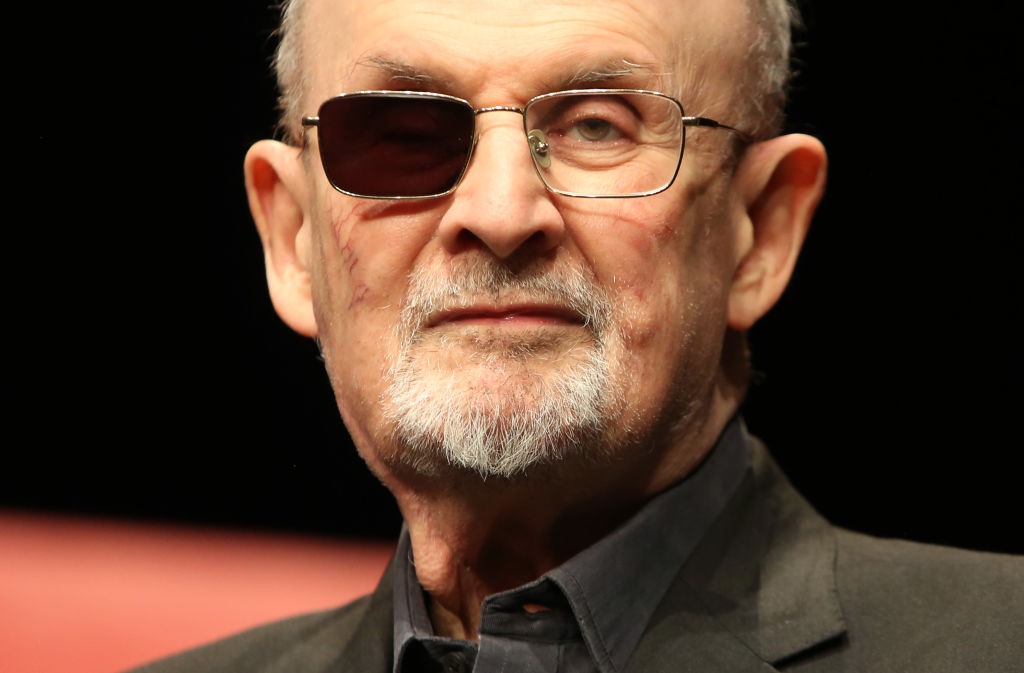






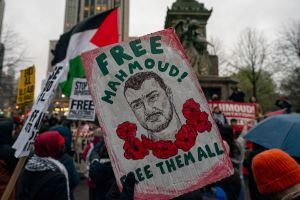


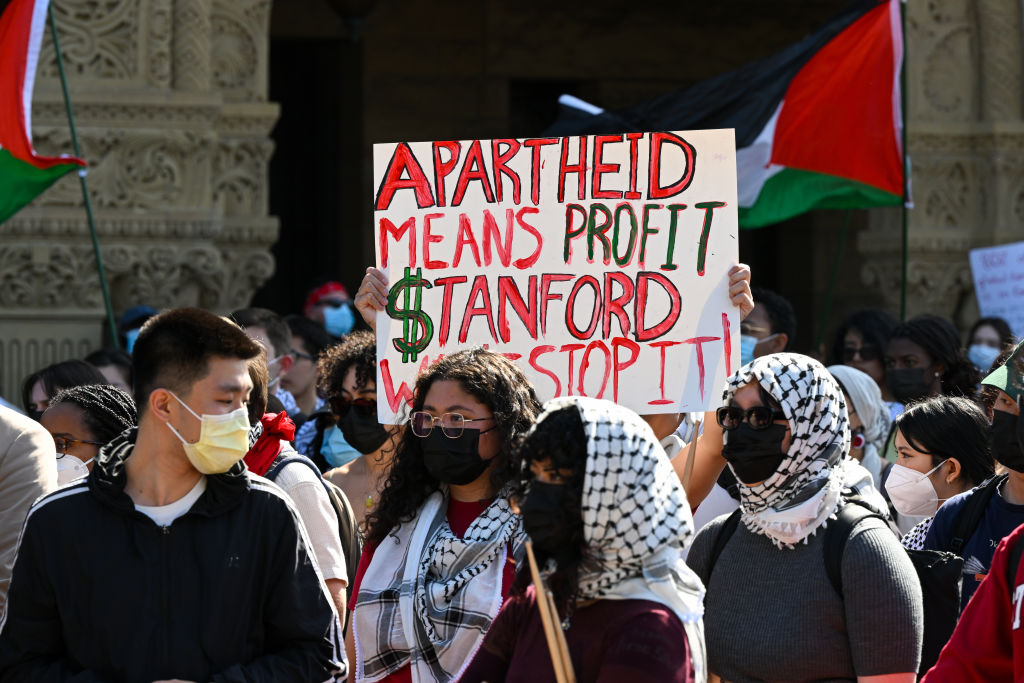

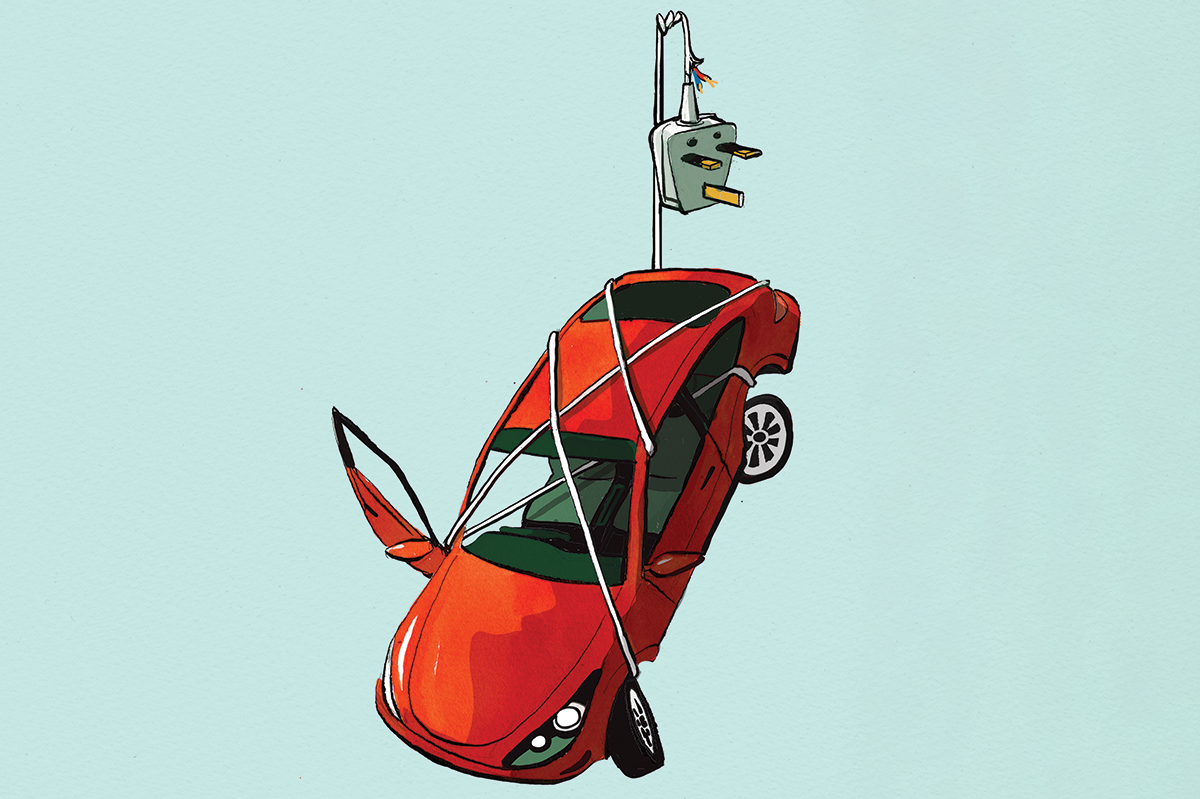
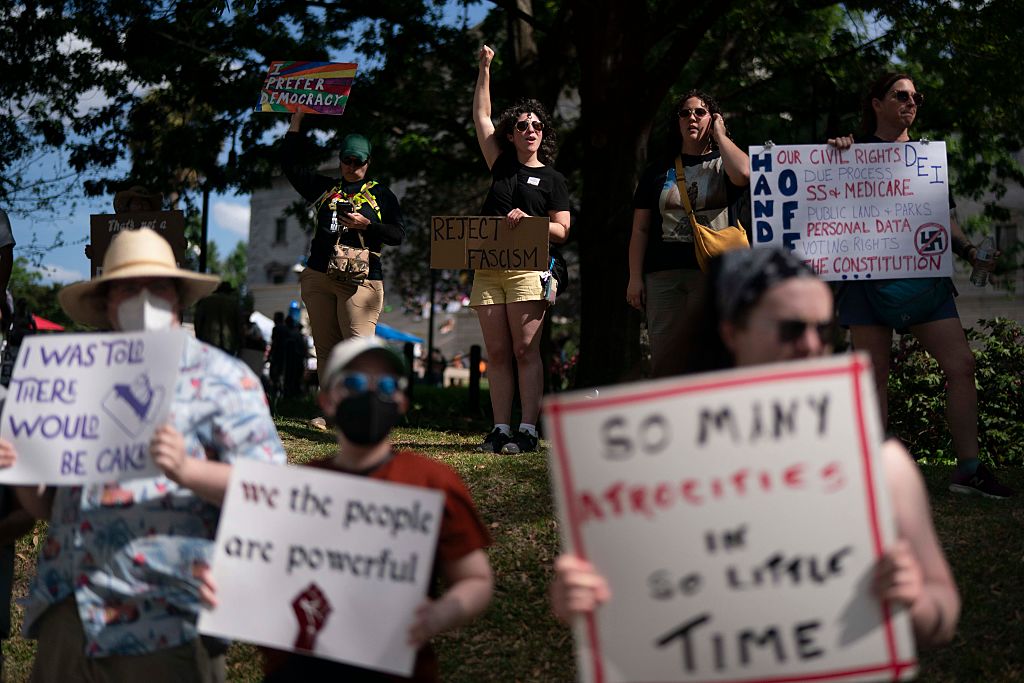
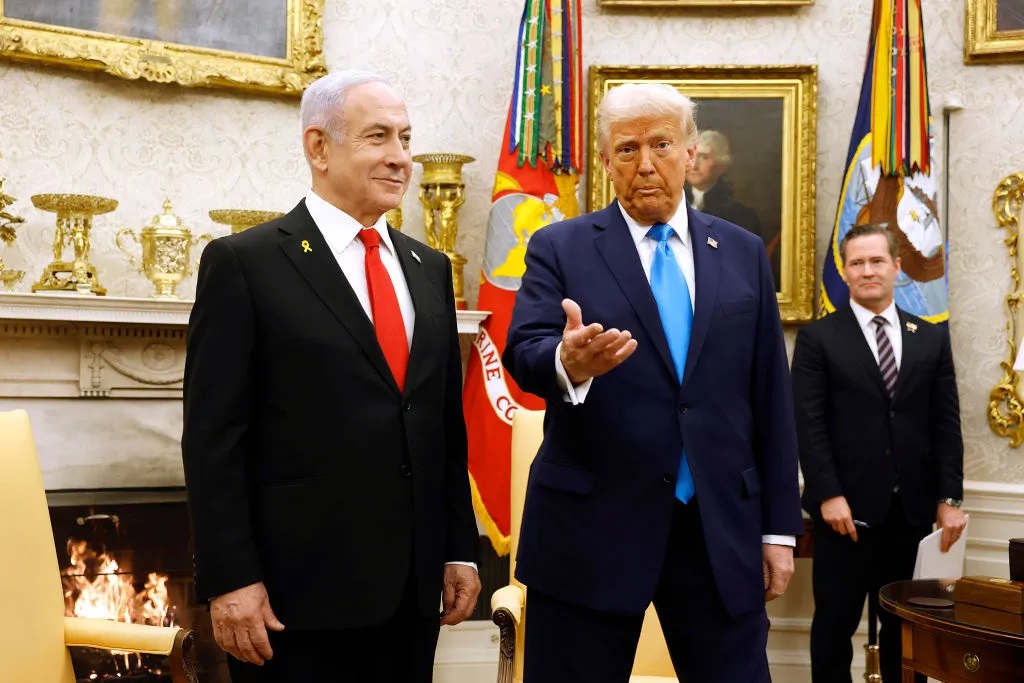
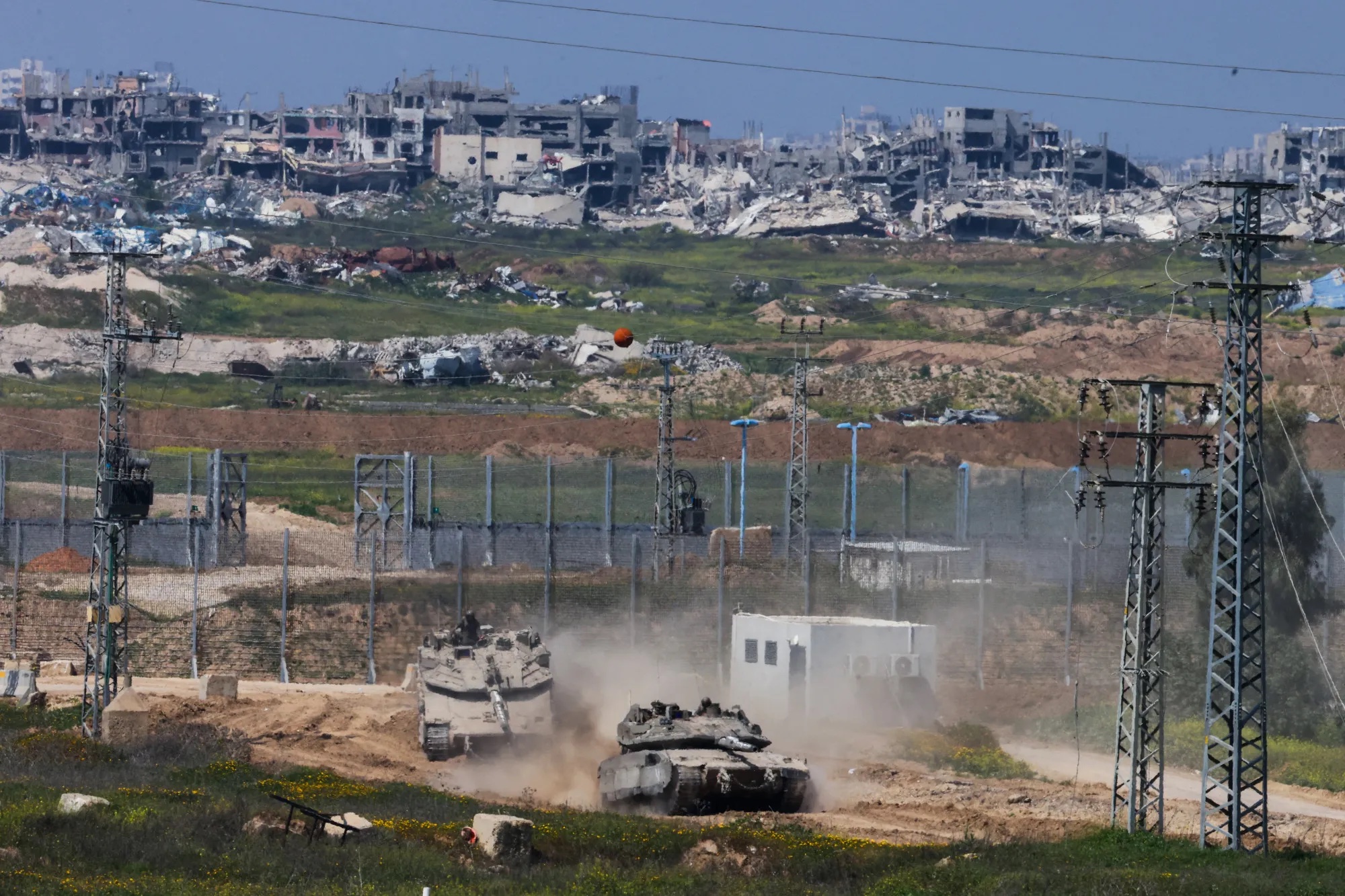







Leave a Reply